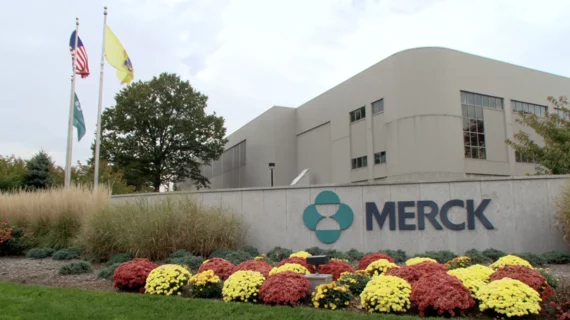Possible carcinogen detected in multiple type 2 diabetes medications
The U.S. Food and Drug Administration (FDA) has detected unusually high amounts of a possible human carcinogen, Nitroso-STG-19 (NTTP), in multiple type 2 diabetes medications distributed my Merck. The FDA did note that, on a temporary basis, these medications can still be sold and should still be taken by patients as recommended.
Sitagliptin, the compound affected by this NTTP contamination, is an ingredient in three products marketed and distributed by Merck: Januvia, Janumet and Steglujan. The FDA said it typically considers an acceptable intake limit of NTTP to be 37 ng per day, but these contaminations exceed that amount.
In a statement detailing the contamination, the agency said it “will not object to the temporary distribution” of these medications to help avoid a shortage and ensure patient access.
“Sitagliptin is a prescription drug used to control high blood sugar in patients with type 2 diabetes mellitus,” according to the FDA. “It could be dangerous for patients with this condition to stop taking their sitagliptin without first talking to their healthcare professional. FDA recommends prescribers continue to use sitagliptin when clinically appropriate to prevent a gap in patient treatment.”
The agency also emphasized that it is using estimates based on similar compounds when making its calculations; there is currently no data on exactly how much NTTP is safe to consume over a person’s lifetime.
“Agency scientists evaluated the risk of exposure to NTTP at interim acceptable intake levels up to 246.7 ng per day and determined that it presents minimal additional cancer risk when compared to a lifetime of exposure to NTTP at the 37 ng per day level,” according to the FDA.
Merck was not specifically named in the FDA’s announcement, but the company did confirm to multiple outlets, including Bloomberg, that high NTTP levels had been detected in the type 2 diabetes medications sold as Januvia, Janumet and Steglujan.
“We remain confident in the safety, efficacy and quality of our sitagliptin-containing medicines,” a Merck representative said, as quoted by Bloomberg. “No significant impact on supply of these medicines for patients is anticipated.”

